The name Bozo might not immediately ring a bell for those unfamiliar with the cultural and geographical nuances of Central Asia, but in the context of Kyrgyzstan, it carries a unique significance. Nestled in the heart of the Tian Shan mountains, Kyrgyzstan is a land of rugged beauty, nomadic traditions, and a rich tapestry of folklore. Bozo, though not widely documented in mainstream literature, represents a fascinating slice of this cultural mosaic. Whether it refers to a place, a person, or a local legend, the term invites curiosity and demands a deeper exploration.
Kyrgyzstan, a former Soviet republic, gained independence in 1991 and has since been carving out its identity as a sovereign nation. Its culture is deeply rooted in nomadic heritage, with traditions that have been passed down through generations. In this context, Bozo could be a colloquial term, a nickname, or even a reference to a lesser-known village or landmark. The ambiguity surrounding the name adds to its intrigue, making it a subject worth investigating for anyone interested in the lesser-told stories of Central Asia.
One theory suggests that Bozo might be linked to the traditional Kyrgyz practice of storytelling. Oral narratives have long been a cornerstone of Kyrgyz culture, with epic poems like the Manas serving as a cultural touchstone. It’s possible that Bozo is a character from a local tale, perhaps a trickster or a hero whose exploits are recounted in the yurt gatherings of rural communities. Such stories often blend history with myth, creating a rich oral tradition that preserves the values and wisdom of the Kyrgyz people.
Another angle to consider is the linguistic one. The Kyrgyz language, a Turkic tongue, is rich with words and phrases that don’t always translate neatly into English. Bozo could be a term of endearment, a slang expression, or even a descriptor for a particular type of landscape. For instance, the suffix "-zo" doesn’t commonly appear in Kyrgyz, which might indicate that the word has borrowed elements from Russian or another language, reflecting the country’s complex linguistic history.
Geographically, Kyrgyzstan is a land of contrasts—pristine alpine lakes, sprawling valleys, and arid steppes. If Bozo refers to a place, it could be a small settlement tucked away in the mountains, far from the bustling streets of Bishkek or the tourist trails of Issyk-Kul. These remote locations often hold onto traditions that have faded in more urbanized areas, offering a glimpse into a way of life that has remained unchanged for centuries.
The nomadic lifestyle of the Kyrgyz people is another lens through which to view Bozo. Nomadism isn’t just a historical footnote in Kyrgyzstan; it’s a living tradition. Families still move their herds between seasonal pastures, and the yurt remains a symbol of national identity. Could Bozo be related to this way of life? Perhaps it’s a term for a particular type of yurt, a herding technique, or even a traditional dish served during migrations. The possibilities are as vast as the Kyrgyz steppes themselves.
Kyrgyzstan’s recent history has also been marked by political and social upheaval. Since independence, the country has experienced revolutions, ethnic tensions, and economic challenges. In this turbulent context, Bozo might represent something more symbolic—a metaphor for resilience, a nod to the past, or a rallying cry for the future. The beauty of such terms lies in their fluidity; they can mean different things to different people, adapting to the needs of the times.
Despite its obscurity, Bozo is a reminder of the richness of Kyrgyz culture. It’s a culture that thrives in the interplay between the old and the new, the traditional and the modern. From the bustling bazaars of Osh to the serene shores of Song-Kul, Kyrgyzstan is a country of stories waiting to be told. Bozo, whatever it may signify, is undoubtedly one of them.
For travelers and researchers alike, uncovering the meaning of Bozo could be a rewarding endeavor. It might require delving into archives, interviewing locals, or simply spending time in the country’s remote corners. But the journey would be worth it, offering insights not just into a single word, but into the soul of Kyrgyzstan itself. In a world that often prioritizes the familiar over the obscure, Bozo stands as a testament to the value of digging deeper.
In the end, Bozo is more than just a word—it’s an invitation. An invitation to explore, to question, and to appreciate the layers of meaning that define a culture. Kyrgyzstan, with its stunning landscapes and vibrant traditions, is a country that rewards curiosity. And for those willing to look beyond the surface, Bozo might just be the key to unlocking its many secrets.
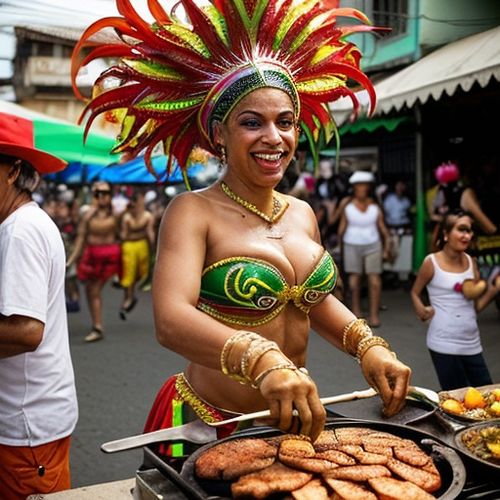
By Laura Wilson/May 10, 2025

By Christopher Harris/May 10, 2025

By Samuel Cooper/May 10, 2025

By Megan Clark/May 10, 2025
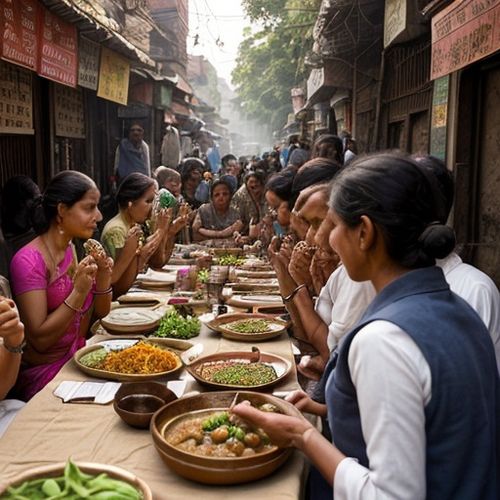
By Olivia Reed/May 10, 2025
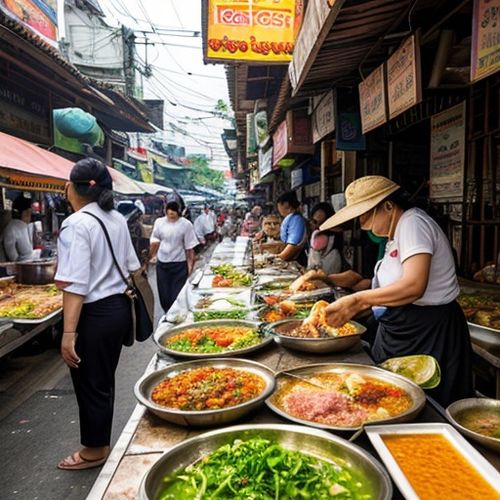
By Natalie Campbell/May 10, 2025
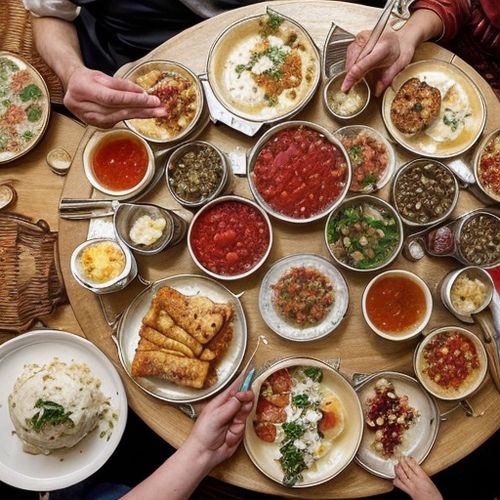
By Sophia Lewis/May 10, 2025

By George Bailey/May 10, 2025

By Eric Ward/May 10, 2025
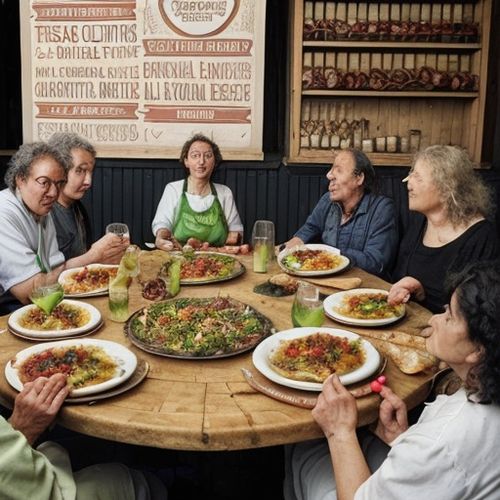
By Daniel Scott/May 10, 2025
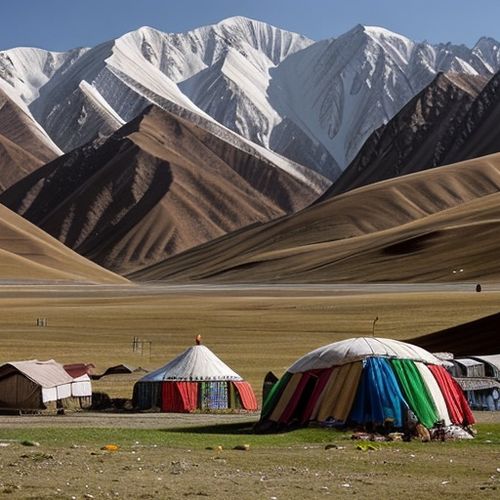
By George Bailey/May 10, 2025
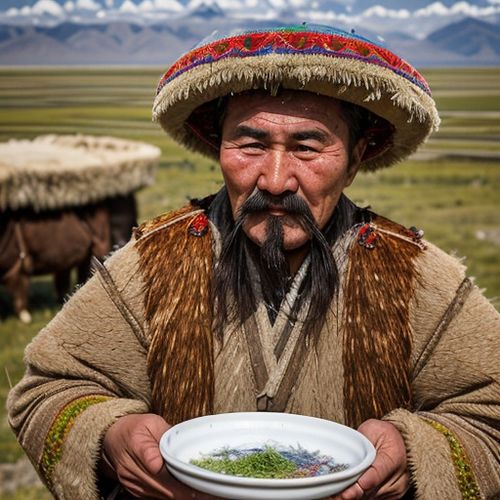
By Elizabeth Taylor/May 10, 2025

By Natalie Campbell/May 10, 2025

By Emily Johnson/May 10, 2025
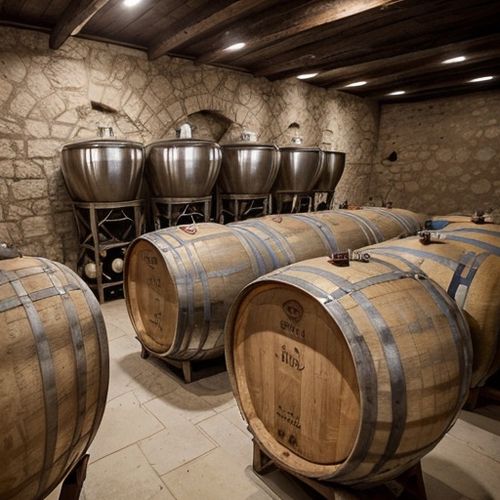
By Elizabeth Taylor/May 10, 2025
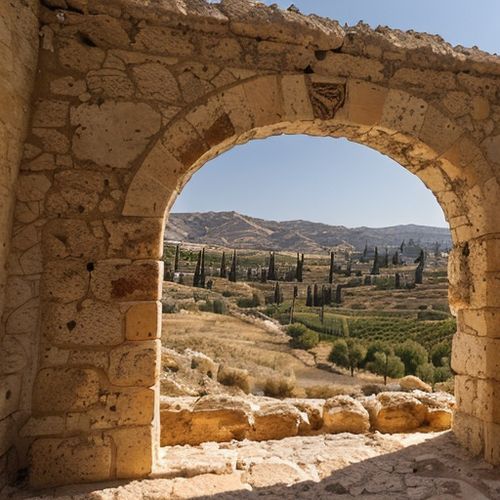
By Thomas Roberts/May 10, 2025
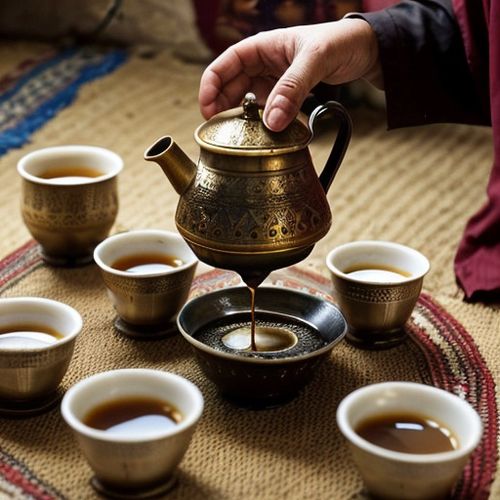
By Christopher Harris/May 10, 2025

By Megan Clark/May 10, 2025

By Samuel Cooper/May 10, 2025
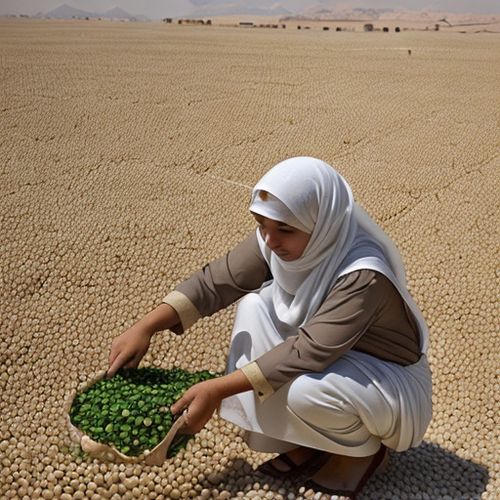
By James Moore/May 10, 2025